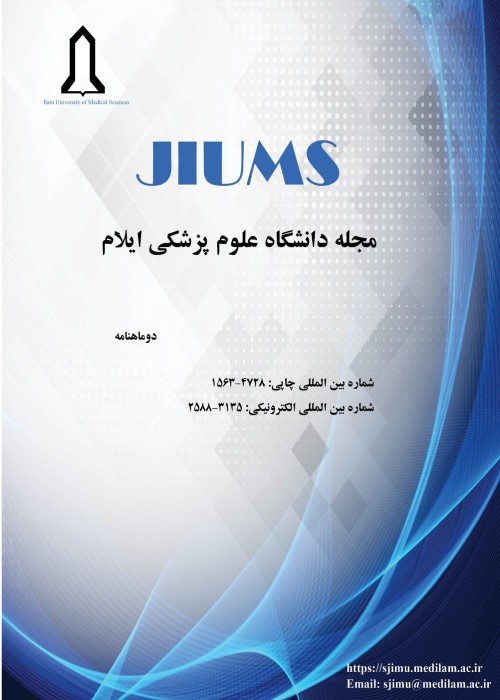Prediction of Spiritual Wellbeing based on Contextual Factors and Spiritual Needs in Patients with Cardiovascular Diseases
Cardiovascular diseases are among the major threats to human health which are regarded as the main cause of death and disability worldwide. Encounters with these diseases lead to physical, psychological, and spiritual problems. Spiritual health correlates with different aspects of human life and is necessary to adapt to the diseases. This study aimed to investigate the correlation between spiritual needs and contextual factors with spiritual wellbeing in patients with cardiovascular diseases.
This cross-sectional descriptive study was conducted based on a correlational design. The study population included all patients referred to teaching hospitals affiliated to Mazandaran University of Medical Sciences, Sari, Iran in 2018. In total, 137 patients (79 female and 58 male patients) with cardiovascular diseases were selected through convenience sampling. The data were collected using the Spiritual Wellbeing Scale (by Peterman), Spiritual Needs Assessment Scale (by Bussing), and Contextual Dimension Scale (by Hillemeier). Moreover, the data were analyzed using SPSS software (Version. 19) through descriptive and inferential statistics.
The data were analyzed using stepwise regression analysis. According to the results, the need for inner peace, existential needs, active forgiveness needs, and religious needs correlated significantly with spiritual wellbeing. Out of the spiritual needs, existential needs, the need for inner peace, religious needs, and active forgiveness needs (P<0.001) played the most important roles (R2=0.49) in predicting the spiritual wellbeing. Moreover, politics, medicine, and health correlated significantly with spiritual wellbeing. On the other hand, a negative relationship was observed between spiritual wellbeing and economic, educational, environmental, residential, governmental, psycho-social, and behavioral dimensions, as well as transportation. Out of these factors, behavioral, environmental, medical, political, and residential dimensions along with health and transportation had the most important roles (R2=0.51) in predicting spiritual wellbeing.
It can be concluded that religious needs and contextual factors, as two psychological constructs, can play significant roles in creating spiritual wellbeing.
- حق عضویت دریافتی صرف حمایت از نشریات عضو و نگهداری، تکمیل و توسعه مگیران میشود.
- پرداخت حق اشتراک و دانلود مقالات اجازه بازنشر آن در سایر رسانههای چاپی و دیجیتال را به کاربر نمیدهد.



